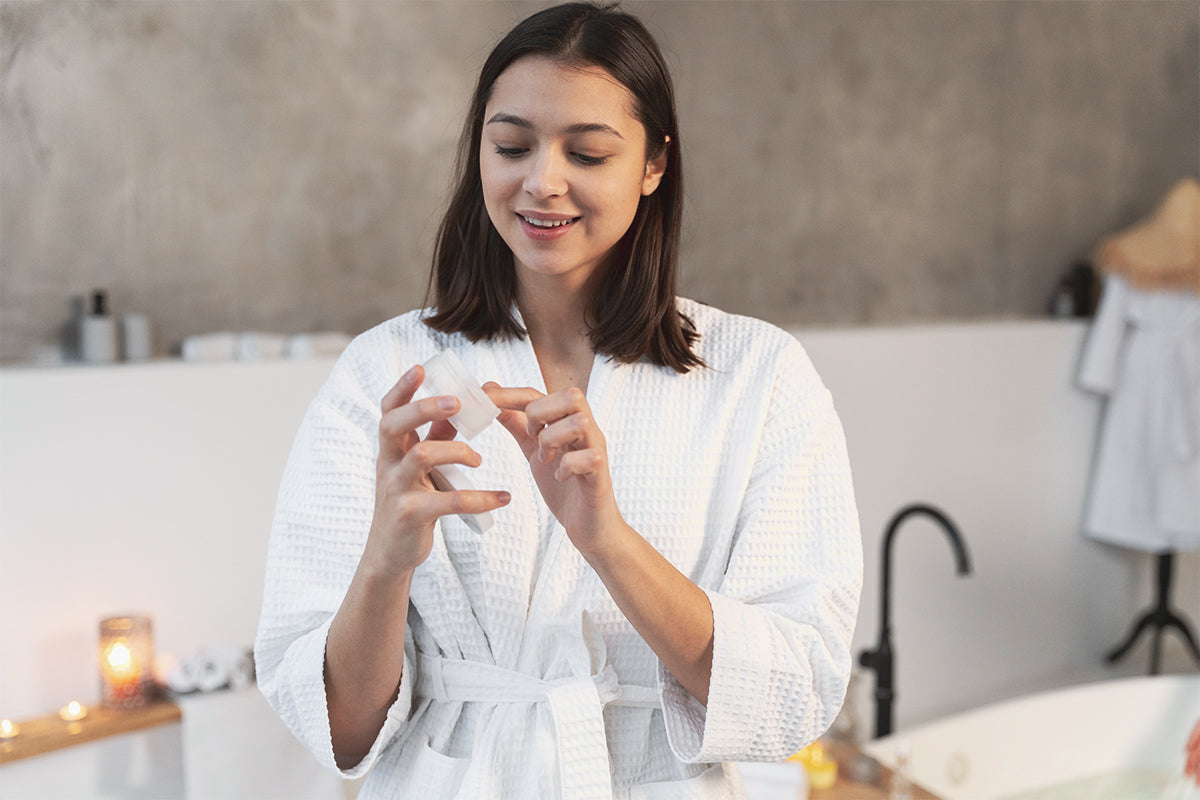In a world that’s always on the go, where multitasking is glorified, and productivity feels like the ultimate measure of success, the concept of self-care has emerged as a much-needed counterbalance. It’s no longer just a buzzword thrown around by wellness influencers; it’s a movement that’s changing how we think about health, happiness, and the way we live. But what does self-care really mean, and why has it become the defining trend of our time?
At its core, self-care isn’t just about indulgence or fleeting moments of escape, though those can certainly be part of it. It’s about prioritizing yourself in a way that nourishes your mind, body, and spirit. It’s about creating habits that make you feel your best—not just temporarily but in sustainable ways that add value to your life. In a culture where burnout is common and stress levels are at an all-time high, self-care is an antidote that many are discovering they can no longer afford to ignore.
So why is self-care suddenly everywhere? Part of it has to do with the changing conversations around mental health. For decades, mental well-being was treated as a secondary concern, often stigmatized and dismissed. But now, with the rise of open discussions on platforms like social media and increased advocacy for mental health, people are beginning to realize that caring for their minds is just as important as caring for their bodies. Self-care has become a tangible way to reclaim balance and resilience in a world that can feel overwhelming.
Interestingly, self-care isn’t a one-size-fits-all solution. For some, it might mean starting therapy sessions or carving out time for meditation. For others, it could look like decluttering their homes, setting boundaries in relationships, or finally learning how to say no without guilt. What makes self-care so transformative is its adaptability; it’s deeply personal and allows everyone to cater to their unique needs and desires.
Another reason self-care is so popular is that it aligns with the broader wellness trend that has taken over the last decade. We’ve seen a collective shift in priorities, with people moving away from hustle culture and leaning into practices that promote long-term well-being. The rise of yoga studios, plant-based diets, and mindfulness apps has made it clear: people want more from their lives than just achievements and accolades. They want fulfillment, joy, and peace of mind. Self-care encapsulates all of this, offering an accessible way to step back and focus on what really matters.
Yet, with its rise in popularity, self-care has also become a marketing goldmine. Everywhere you look, there are products and services promising to be the ultimate self-care solution. From luxury skincare sets to subscription boxes filled with scented candles, it’s easy to fall into the trap of thinking self-care is something you need to buy. But true self-care isn’t about spending money; it’s about spending time. It’s about listening to your needs and taking intentional actions to meet them. Sure, a spa day or a new face mask can be lovely, but self-care can also mean taking a quiet walk, calling a friend, or simply giving yourself permission to rest.
The concept of self-care has roots in activism, particularly in the 1960s and 1970s, when marginalized communities emphasized the importance of taking care of themselves as a way to resist systemic oppression. It was about survival and empowerment. While the modern version of self-care may look different, it’s worth remembering that its origins are tied to reclaiming agency over one’s well-being.
What self-care truly means is acknowledging that you matter. It’s recognizing that you’re not just a resource to be used up by others or a cog in a machine. It’s about showing yourself the same kindness and compassion that you would offer a loved one. This shift in mindset is perhaps the most important aspect of self-care. It challenges the notion that productivity is the ultimate goal and reminds us that rest, reflection, and joy are equally valuable.
The beauty of self-care is that it’s both universal and individual. Everyone needs it, but how it looks will vary from person to person. For some, it’s an hour of yoga in the morning; for others, it’s journaling before bed. It can mean booking that long-overdue doctor’s appointment or turning off your phone for the evening to disconnect. There’s no right or wrong way to practice self-care, as long as it’s coming from a place of intention and self-respect.
As we move further into this era of prioritizing self-care, it’s also important to acknowledge its challenges. For many, especially those juggling demanding careers or caregiving responsibilities, finding the time to focus on oneself can feel impossible. That’s why self-care doesn’t have to be grand or time-consuming. It can be as simple as taking a deep breath, stepping outside for fresh air, or drinking a glass of water. The key is consistency—small acts of care performed regularly can have a profound impact over time.
In essence, self-care is the art of tuning into your own needs and addressing them with kindness and intention. It’s about learning to refill your cup so that you can pour into others without depleting yourself. As it becomes more ingrained in our culture, we have an opportunity to redefine what success looks like, shifting the focus from doing it all to simply being well.
The New Year offers the perfect opportunity to embrace self-care, not as a trend to follow but as a lifestyle to adopt. It’s a chance to assess what truly brings you happiness and how you can prioritize those things every day. Because at its heart, self-care is about giving yourself permission to thrive, not just survive.

Share:
How to Build Confidence with a New Beauty Look in the New Year
Gift Guide: The Best Beauty Gifts for Your Valentine